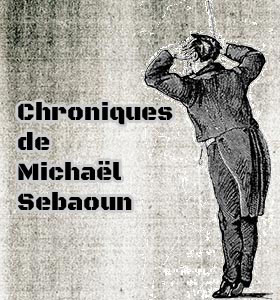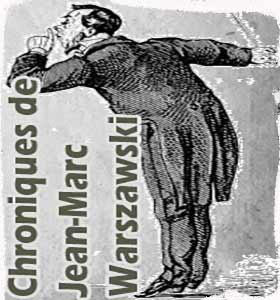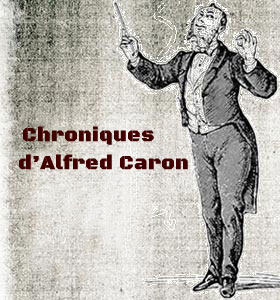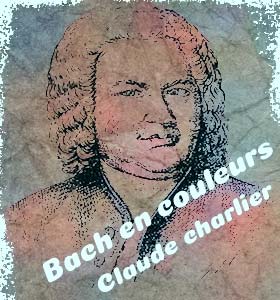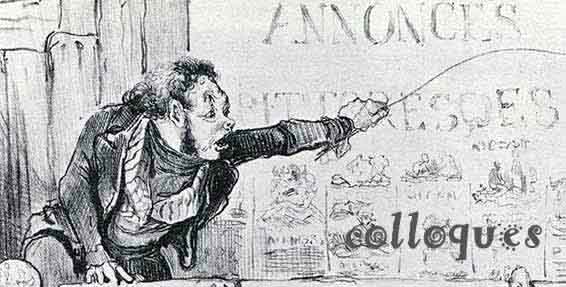
A National Master in an International Context. Musicological Conference on the 50th Anniversary of Zoltán Kodály’s Death
December 8–10, 2017, Budapest
Archives and Research Group for 20th-21st Century Hungarian Music, Institute of Musicology, Research Centre for the Humanities, Hungarian Academy of Sciences
Zoltán Kodály (1882–1967) is one of the most influential representatives of 20th-century Hungarian and universal music culture. His concept of music education based on relative solmization and folk music is known worldwide. His diverse compositional oeuvre, combining Western European modernity and the folk music as well as the music historical tradition of Hungary, and his revolutionary new ethnomusicological activity, however, became part of the musical canon almost exclusively in his country. The most important international summaries of music history – such as Richard Taruskin’s History of Western Music, or Hermann Danuser’s 20th-century music history – define him as a master of national importance, mostly opposed to his friend Béla Bartók who proved much more successful internationally, and highlight merely the Psalmus Hungaricus (1923) as the only composition of the life work constantly present in the international concert life, whereas the Háry-Suite and the Dances of Galánta are most frequently performed in concert halls. The primary purpose of the planned musicological conference is to make Zoltán Kodály’s compositional oeuvre known to the musicological community and to incorporate it at the same time into the musicological discourse on the 20th century. On the other hand, the conference wants to create an opportunity to assess the radius of the influential composer-teacher Kodály on the international compositional and musical scene and to focus research interest on the difficulties of methodological, cultural, and political nature, or even caused by the music market, which are concerning the involvement into the international public discussion of 20th-century composers considered important from a national perspective.
For the conference, we expect applications dealing with the following topics:
1. Zoltán Kodály’s compositional oeuvre (work analyses, aesthetic and philological approaches, the cultural and musical context of the oeuvre, Kodály and music politics, Kodály and the musical life, conservative modernism, Western and Eastern traditions, national styles in the 20th century, Kodály’s influence on subsequent generations)
2. Zoltán Kodály’s artistic and scientific radius worldwide (the activity of his significant disciples, such as István Anhalt, Antal Doráti, Ferenc Fricsay, Géza Frid, Tibor Harsányi, Paul Henry Lang, Ödön Pártos, György Sándor, Mátyás Seiber, Tibor Serly, Sándor Végh, and Sándor Veress)
3. The position of national composers, their possibilities to emerge in the international musical space (What are the chances of these composers as they start their career? What is the role of the performers and of the music scholars in this process? Case studies on composers)
Accompanying programs: On the day preceding the conference (December 7), participants of the conference will have the opportunity to take part at the international Dohnányi day organized by the Archives for 20th–21st Century Hungarian Music. On the closing day of the conference (December 10), an international ethnomusicological workshop will be held about the 21st-century assessment of Kodály’s influential and innovative classification of folk music, the present-day situation of historical ethnomusicology, and the contemporary methods of systematization and analysis. In the framework of a group excursion planned for December 11, participants of the conference may also visit Zoltán Kodály’s hometown Kecskemét (approx. 100 km from Budapest).
Proposals are invited for individual papers of 20 minutes. Proposals consisting of a title, abstract (max. 250 words), and short biographical note, should be submitted as a Word-file attached to an e-mail addressed to the organizer of the conference at magyar.zenei.archivum@btk.mta.hu by August 31 2017. Please include contact details and institutional affiliation (if any), along with details of anticipated AV requirements. The official language of the conference will be English.
Keynote speaker
Richard Taruskin, University of California, Berkeley
Conference committee
Marina Frolova-Walker, Faculty of Music, University of Cambridge, Cambridge
Melita Milin, Institute for Musicology, Serbian Academy of Sciences and Arts, Belgrade
László Vikárius, Bartók Archives, Research Center for the Humanities, Hungarian Academy of Sciences, Budapest
Conference organizer
Anna Dalos, Head of the Archives and Research Group for 20th-21st Century Hungarian Music, Research Center for the Humanities, Hungarian Academy of Sciences, Budapest (dalos.anna@btk.mta.hu)
À propos - contact | S'abonner au bulletin | Biographies de musiciens | Encyclopédie musicale | Articles et études | La petite bibliothèque | Analyses musicales | Nouveaux livres | Nouveaux disques | Agenda | Petites annonces | Téléchargements | Presse internationale| Colloques & conférences | Collaborations éditoriales | Soutenir musicologie.org.
Musicologie.org, 56 rue de la Fédération, 93100 Montreuil, ☎ 06 06 61 73 41.
ISNN 2269-9910.
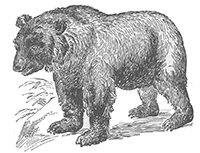
Mercredi 22 Novembre, 2023


